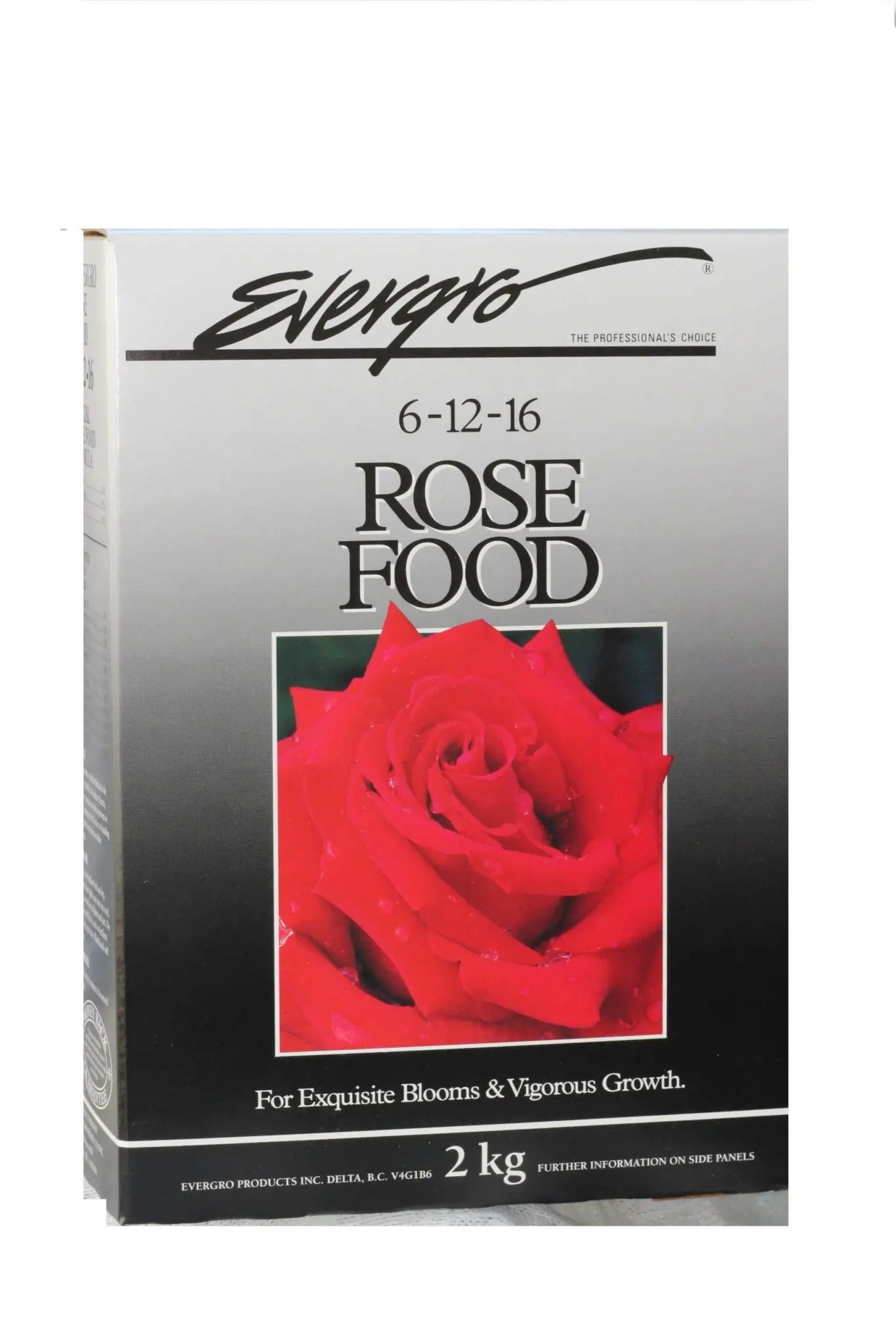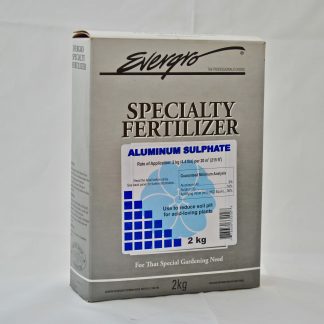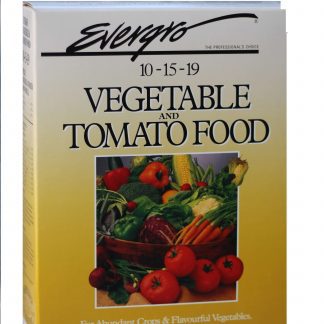Description
For exquisite, full blooms, and healthy, vigorous growth with extra nutrients for rich colour, and texture.
FEATURES:
An excellent source of food and nutrition for all types of roses
High in phosphorous to promote large, vibrant blossoms, and high in potash to ensure optimum disease resistance
Specially blended to include a high content of elements, and nutrients to promote rich colours , and strong stems
WHEN TO USE:
Use Evergro Rose Food in the fall when transplanting a dormant plant, or early spring when planting a new or transplanted rose. A small amount of Bone Meal could also be added for long term root development
With established plants, feeding should start at the first sign of growth and repeated every 2-3 weeks, until mid-July. Feeding is not recommended after mid July.
HOW TO USE:
For NEW rose plantings, be sure to select a sunny area and prepare soil well
PREPARED SOIL BEDS – For each 10m squared, spread 1 kg of Rose Food, and spread well into the soil. One 2kg carton feeds about 20m squared (215 square feet).
INDIVIDUAL PLANTS – Place one small handful (about 30g) in bottom of planting hole. Cover with 5 cm (2″) of soil, and then plant the rose. Water well
MATURE ROSES:
For mature rose bushes, be sure to do a thorough spring pruning, and clean up shortly after the last frost, before new growth begins, and before fertilizing
MATURE BEDS: Apply 1kgf of Rose Food per 10 m squared of rose bed, and work lightly into the top 5 cm (2″) of soil. Water Well
INDIVIDUAL MATURE ROSES: Climbers, tree roses, and other types. Spread 30g for smaller plants, and up to 60g for larger plants, in a broad circle around the base of the plant (starting about 15cm from the stalk). Work into top 5 cm (2″) of soil. Water Well
TIPS:
SUN – Roses should be planted where they will receive at least 5-7 hours of sun daily (for best growth), and enough early morning sun to dry foliage (to minimize mildew)
Water- Roses need plenty of water to perform well. Water deeply but only as often as needed. Inadequate watering will slow or halt growth, but too much water will cause root disease. Water should be directed to the soil (not overhead) to minimize risk of disease on leaves
PESTS – Spraying or dusting regulaly with special rose care products will help to minimize possible pests or fungus diseases
MULCHES – Mulching with peat moss or other soil conditioner around the base of the plant will protect roses from summer heat, and winter cold. Mulch anytime







